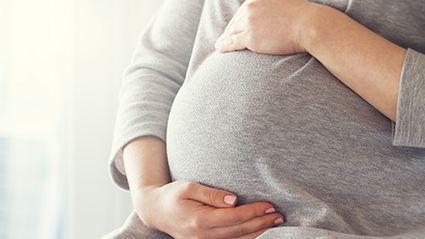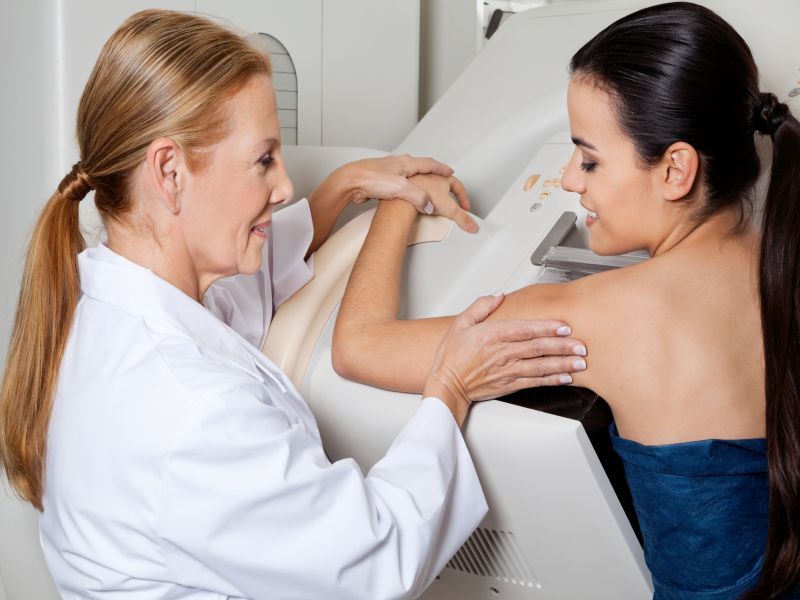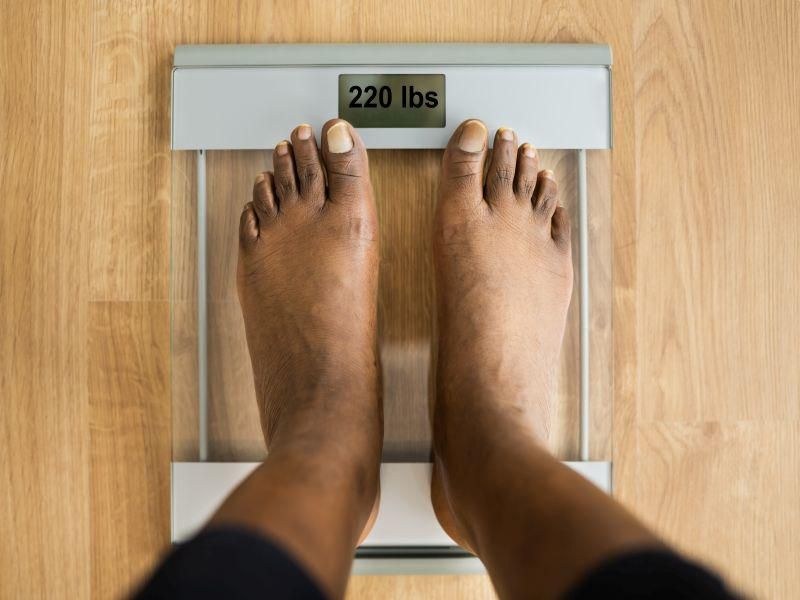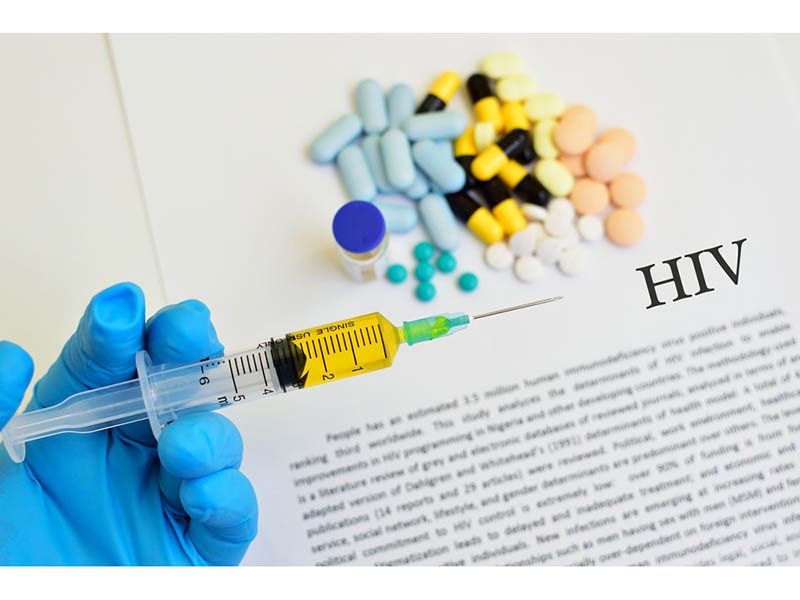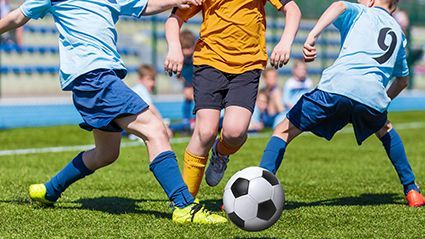
Researchers outfitted high school athletes with head impact sensors to see which of four popular sports put them at the greatest risk of concussion. No. 1 for both boys and girls: Soccer, according to a study published online recently in the Orthopaedic Journal of Sports Medicine. Blame it on intentional headers, which accounted for 80%… read on > read on >










